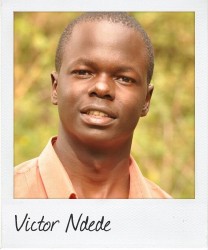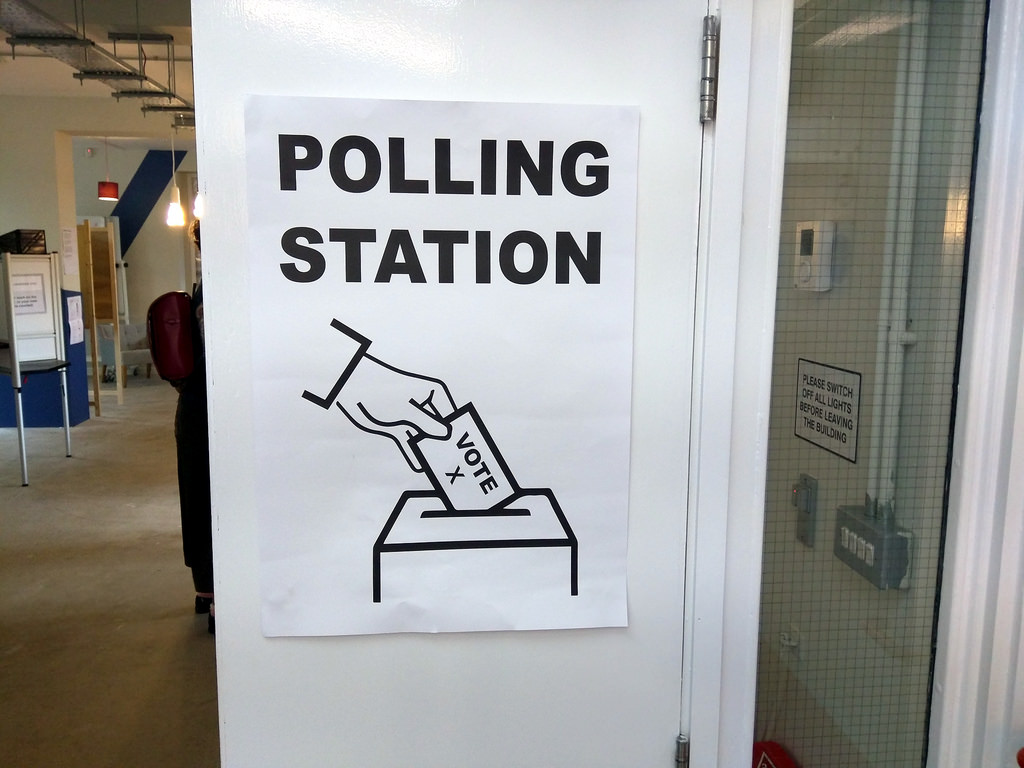“A paradigm shift: Kenyan women in politics”
February 20 The rise in the appetite of Kenyan women for politics is one that cannot be easily wished away. Victor Ndede, 21, a Commonwealth Correspondent from Eldoret, Kenya explains why women are strongly coming up for elective positions in Kenya.
The rise in the appetite of Kenyan women for politics is one that cannot be easily wished away. Victor Ndede, 21, a Commonwealth Correspondent from Eldoret, Kenya explains why women are strongly coming up for elective positions in Kenya.
The African culture has since time in antiquity generally relegated the position of women in the society, such that women were not afforded a chance to speak or get represented politically. The patriarchal underpinnings of the society created an archaic modus operandi in the society.
However, in 2010 the Kenyan people, recognising that need for a government based on the essential values of human rights, equality, freedom, democracy, social justice and the rule of law, voted in favour of a transformative constitution.
This constitution took cognisance of the deep-seated cultural beliefs that for a long time hindered the quest for an egalitarian society. One of the most fundamental underpinnings of the new order is enshrined in the national values and principles of governance.
Women in Kenya and Africa in general have been mere spectators in the political and governance arena since independence. In fact, most ethnic communities have a belief that women cannot and should not be leaders. Women are only to be seen in the community and never to be heard.
In Kenya, since the quest for multi-party politics commenced in 1992, there has been rise of women seeking leadership positions. Ever since, we have seen women rise to even seek the presidency and membership of parliament. Even still, it has always been a herculean task for women aspirants as their bids are marred with propaganda that they are fighting men in the society. Society holds that it is a purely male-dominated field, and as such women were unwelcome in the political arena.
The drafters of the new Kenyan constitution were alive to the fact that women leadership was looked down upon and, as a remedy, they inserted an affirmative action clause in the constitution that would require that not more than two-thirds representatives of both houses of parliament shall be persons of the same gender. The drafters further went to require that the National Assembly will have 47 elective seats for women representing counties, 16 nominative seats be reserved for women in the Senate.
The import of the above affirmative action also extended to representation in government institutions and public bodies. The overall effect has been that women are now more empowered to go for the seats, as they are specially crafted for them. Although the talk has been that they received the positions on a silver platter and as such the law has faced serious political and legal discourses, more women are now battling for the other elective positions against men.
The civic education and women empowerment programs have really assisted women towards going for elective positions that had predominantly been a preserve of men in society. In the 2013 Kenyan general election, Kenya saw a significant rise in the number of elected women members of parliament who defeated men in their wake. Constituencies represented by women have also seen development visited on them just as much or even better than in male-dominated constituencies. Kenya currently has 16 elected members of the National Assembly.
There however is a huge leadership deficit in the Senate and gubernatorial positions, which are elective. Suffice it to note that there is no female elected governor in Kenya and the scenario is the same for elected senators.
Running up to the 2017 elections in Kenya, there are prospects of having female governors and senators. Women are now firmly in the quest for transformational leadership, which the country needs in abundance. For the first time in Kenya’s history there is a heavy contention of women in hotly contested seats. While they go into most races as underdogs, their chances of success are always premised on the fact that they sell their candidacy as issue-based candidates.
Indeed the rise of women has ruffled feathers of the male chauvinists, as they now have to contest in a highly competitive environment where women leadership is rising. The pioneers of women leadership in Kenya cannot also go unnoticed, as they have been the beacon of hope to the upcoming leaders.
The revolution has just begun in the political sphere and one cannot wish away the potency with which women leaders have come. A sound democracy needs all players in the field. Be that as it may, there is strength in inclusivity.
photo credit: gruntzooki Polling station 6, via photopin (license)
…………………………………………………………………………………………………………………
About me: I am an Associate Fellow of the Royal Commonwealth Society and a law student from Kenya with a passion to tell the Kenyan story in a Kenyan way, and invite the world to see Kenya through my eyes. I am a literature enthusiast and works as a judge at the Queen’s Commonwealth Essay Competition. I am a person who appreciates that there is beauty in diversity and strength in inclusivity.
…………………………………………………………………………………………………………………
Opinions expressed in this article are those of the author and do not necessarily represent the views of the Commonwealth Youth Programme. Articles are published in a spirit of dialogue, respect and understanding. If you disagree, why not submit a response?
To learn more about becoming a Commonwealth Correspondent please visit: http://www.yourcommonwealth.org/submit-articles/
…………………………………………………………………………………………………………………




